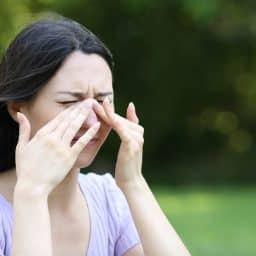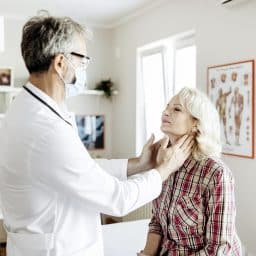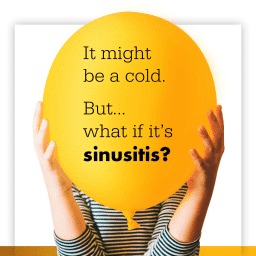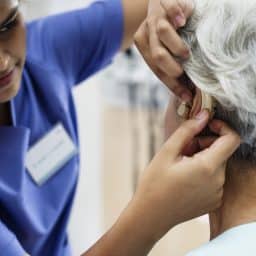Image Guidance for Sinus Surgery

Dr. Rosner uses the Scopus image guidance system for in-office Balloon Sinuplasty. Images on the screen are bigger and clearer than on other systems. Accuracy in navigation is often .3 mm vs. 2 mm on other systems. This makes the in-office procedure safer and quicker.
Balloon Sinuplasty is Comfortable in the Office Setting

Most patients undergoing Balloon Sinuplasty choose to have it done with oral sedation in the office. This saves thousands of dollars over having it done with general anesthesia in the hospital. Over 90% of patients feel this is easier than having a dental filling.
Women After Menopause Catch Up to Men in Sleep Apnea Diagnosis

Eighty percent of sleep apnea patients are men. However, women after menopause and men have equal rates of sleep apnea. Women often snore less than men, but weight gain, heart failure, hypertension and not feeling rested during the day are symptoms of sleep apnea.
Treatment of Sleep Apnea Reduces the Risk of Dementia

Diagnosing and treating sleep apnea reduces the risk of dementia as people age. Evaluation with a home sleep study should be done. Other risk factors include snoring, high blood pressure, large neck and nocturnal choking.
Treating Hearing Loss Early Leads to Higher Success With Hearing Aids

Research has shown that with prolonged hearing loss untreated over eight or more years, there is a shrinkage of the part of the brain that decodes hearing (the auditory cortex). If a long wait occurs prior to treatment with hearing aids, the success rate reduces because the brain is not as robust to process hearing…
Model Shows HPV Vaccination Could Prevent More Than 900,000 Cases of Throat Cancer

A new study in Lancet predicts that giving the HPV vaccination to 80% of adolescents could reduce throat cancer cases by 900,000 during this century. Adults can be given the HPV vaccination up to age 45.
Hearing Loss Leads to Falling

For every 10 decibels of hearing loss, the risk of falling increases by 40% in seniors. Repeat falls often force seniors to have to relocate where they live. Schedule a hearing test to help prevent these falls.
Do You Suffer From Sinusitis? Balloon Sinuplasty Can Help

Do you have chronic sinus problems or more than five sinus infections a year? Do you have sinus headaches, facial pressure over the sinuses that disturbs your sleep at night, nasal congestion, difficulty breathing through your nose, postnasal drip, or a persistent cough? Have you tried medicines such as antibiotics, steroids, nasal sprays, sinus rinses,…
Loneliness: A Leading Contributing Cause of Death in Seniors

The top three causes of loneliness in seniors are hearing loss, visual loss and the death of a spouse. Loneliness can lead to many health conditions, such as cancer, heart attacks and strokes. Treating your own hearing loss or that of your parents can reduce the risk of loneliness.
Hearing Loss: A Modifiable Risk Factor in Dementia

From a 2020 report in Lancet, hearing loss was one of the 12 modifiable risk factors of dementia. “The evidence consistently shows that people with normal memory and cognition are at increased risk of dementia 10-15 years after developing hearing loss. In summary, hearing loss should be treated with hearing aids early on to prevent…